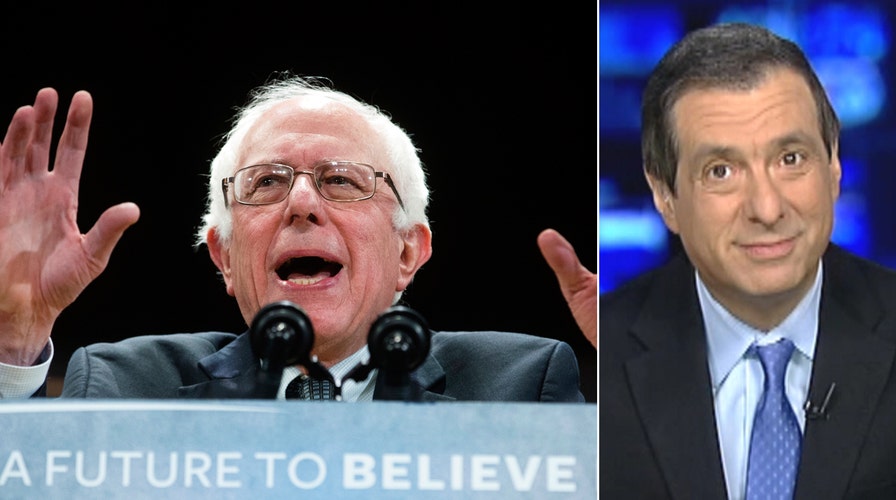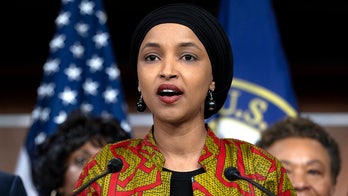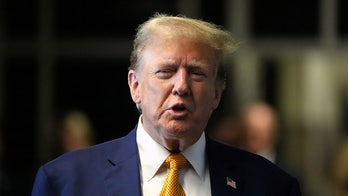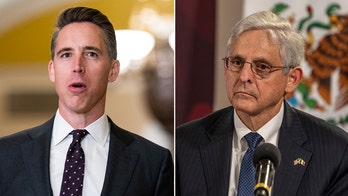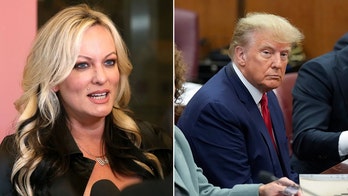Kurtz: Behind the Sanders surge in Iowa
'MediaBuzz' host says media should look at Sanders as a contender in Democratic presidential race
Bernie Sanders won a virtual victory in Iowa with help from the press.
This wasn’t intentional, but it was a gift nonetheless.
Sanders was surging until the awful attacks in Paris and San Bernardino blunted his momentum. He seemed to have little to say about terrorism. At one debate after the massacre in France, Sanders began with a couple of sentences about fighting terror and then switched to income inequality, his signature subject.
Running against a former secretary of State, Bernie suddenly seemed smaller.
But for all the saturation coverage of those twin attacks, for all the focus on homeland security and American anxiety, the media moved on. Terrorism faded from the headlines. It was, once again, yesterday’s news. And that enabled Sanders to resume his uphill climb against Hillary Clinton.
This is not to take anything away from what Sanders has accomplished. As a septuagenarian socialist little known outside of Washington, he has taken on the Clinton machine and fought Hillary to a draw so far. He has generated excitement and huge crowds and tapped into a sense of anger and frustration on the left the way that Donald Trump has done so on the right. He has raised truckloads of money. And he's become a better candidate, tightening his answers and leavening them with a little humor.
The senator took a swipe at the “media establishment” in his remarks after the Iowa caucuses, which Clinton won by a miniscule margin but which represented a massive comeback by Sanders. And he has a point. Even as he transformed himself into a serious contender, the press gave him short shrift. He was on the cover of Time but barely a presence on television news.
As recently as December, his campaign complained about a “Bernie blackout” after a Tyndall Report study found that Sanders had drawn 10 minutes of coverage on the network evening newscasts—compared to 234 minutes for Trump. That included 20 seconds for Sanders on ABC’s “World News” through the end of November.
How’s that decision looking now?
But there is an unintentional benefit for the Vermont lawmaker. With the media having collectively decided that he can’t win the Democratic nomination, there hasn’t been much scrutiny of his proposals. With some exceptions, his plans to raise taxes on the middle class and adopt government-run health care have not been challenged (except, increasingly, by Clinton and her surrogates).
That won’t change unless and until the media decide that Sanders, who’s expected to win New Hampshire easily, has a realistic shot at the nomination. Then he’d be covered as a potential president, which would also bring more focus on his age (74), religion (he’d be the first Jewish president) and other matters.
There is some chatter about whether the media are now penalizing Hillary by discounting her Iowa win, eked out by a few coin tosses.
“From the coverage of Monday’s caucuses, you’d think Clinton was on the ropes,” says the Washington Post’s Dana Milbank.
Not on the ropes by any means. But there’s nothing wrong with acknowledging that in a normal year, Hillary should have clobbered Bernie. And there’s a reason she suddenly wants to debate him a lot more, in last night’s CNN town hall and tonight’s hastily added MSNBC debate.
The downside for Sanders is the media still treat him as a gadfly. The upside is that unlike other hot candidates, he’s not getting the full body frisk.
